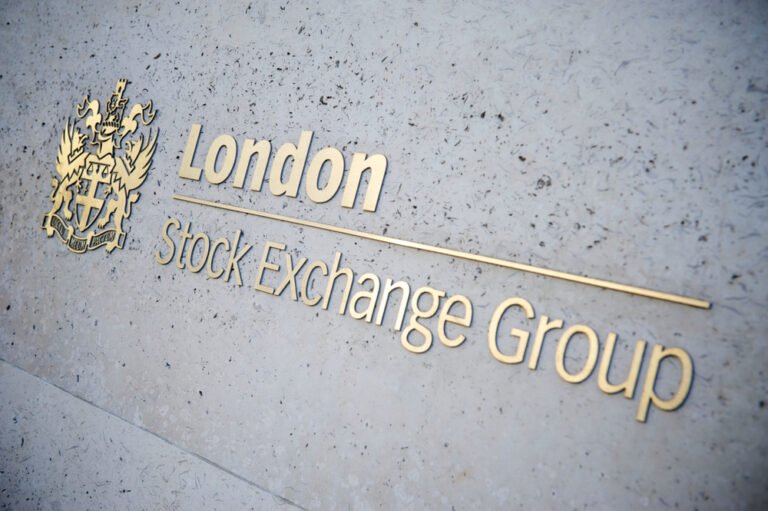Shares in brick maker Ibstock were under pressure on Wednesday after the company announced rising fixed costs attributed to increasing capacity.
Ibstock shares were down 14% at the time of writing.
If it had not been for the rising costs base, Ibstock’s trading statement would have been very well received. Volumes in the first half of the year are expected to far outstrip those of the same period last year. The company has been dogged by slow housing sales, which are now eventually picking up.
However, rising cost inflation is weighing on margins and is proving to be a major disappointment for investors. The company now sees adjusted EBITDA in the range of £77 million to £82 million, flat on last year’s £79 million.
“Ibstock continues to build momentum in 2025, with an increase in residential construction leading to an uplift in demand for the brickmaker’s products. As a result, first-half sales volumes look set to land materially ahead of the prior year,” said Aarin Chiekrie, equity analyst, Hargreaves Lansdown.
“But it’s not all good news. As Ibstock’s been firing up the kilns used to make the bricks and adding back capacity at several of its factories, its fixed costs have soared.
“Until demand and production ramp up further, operations won’t be as efficient as the group would like, and profitability is getting squeezed in the meantime. On top of that, average selling prices have been hurt by a shift in mix towards newbuild markets, which have recovered quicker than the broader construction market. Again, that’s weighing on profitability and full-year underlying cash profit (EBITDA) guidance of £77-£82mn fell well short of the market’s £90mn expectations.”










